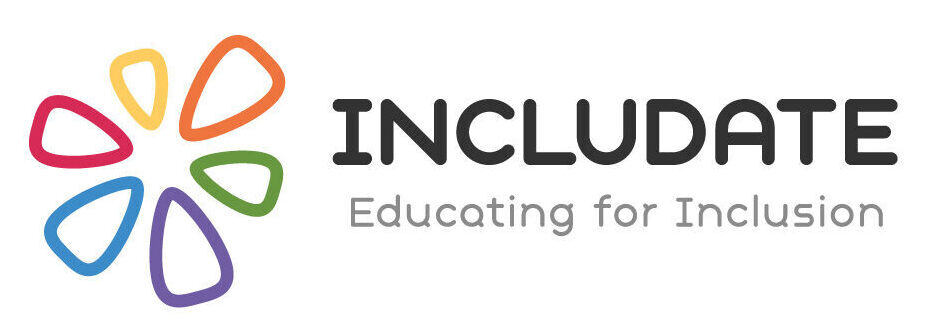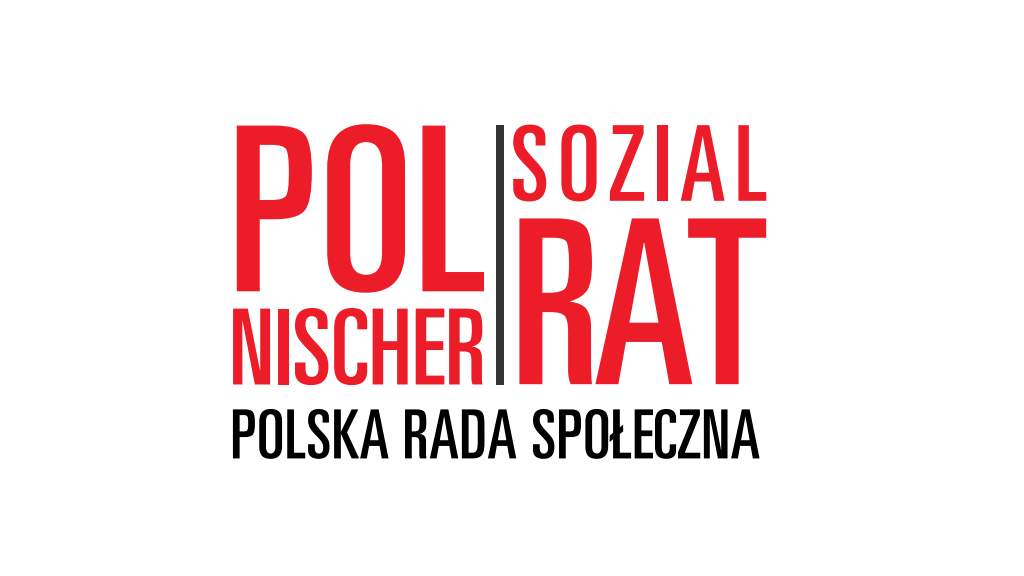As European societies become increasingly diverse, there is a growing need for inclusive approaches that actively involve migrants and citizens with migrant backgrounds in policy making and integrative actions. The INCLUDATE project recognizes this need and aims to empower migrant associations and municipalities to co-create strategies, policies, and actions for inclusion and diversity. By fostering dialogue, capacity building, and collaboration, INCLUDATE seeks to create more inclusive communities and cities across Europe. This article explores the innovative results and objectives of the INCLUDATE project and its potential impact on local, regional, and EU levels.
Building Capacities for Inclusion and Diversity
INCLUDATE focuses on three key areas to build capacities and promote inclusion and diversity:
Needs Assessment and Dialogue: The project facilitates dialogue between policy makers, stakeholders, residents (including people with migrant backgrounds), and migrant associations to assess needs and perspectives. By engaging in open and inclusive conversations, INCLUDATE aims to gain a deeper understanding of the challenges faced by migrant communities and their specific learning needs.
Strategies for Inclusive Communities: INCLUDATE supports the development of strategies for more inclusive communities and cities. Through training tailored to the unique requirements of cities and migrant associations, the project equips participants with the skills and knowledge necessary to initiate, negotiate, and implement inclusion and diversity strategies. These strategies take into account the different perspectives and approaches of both migrant associations and municipalities.
Implementation of Inclusive Measures: INCLUDATE promotes the implementation of inclusive measures in diverse neighborhoods, quarters, or cities. By providing training on project creation, resource finding, monitoring and evaluation, as well as awareness-raising activities, the project empowers migrant associations and municipalities to effectively implement measures that increase social inclusion for people of diverse backgrounds.
Innovative Results and Objectives
To achieve its goals, INCLUDATE has developed several innovative results and objectives:
Interactive eBook: The project will produce an interactive eBook titled “INCLUDATE COMMUNITIES: Local needs for inclusion & diversity.” The eBook will map and analyze the structure of local communities, the role of migrant groups within society, and the specific needs and challenges faced by these groups. It will serve as a valuable resource for other communities and projects seeking to understand and address local inclusion and diversity issues.
Local Strategies/Action Plans: INCLUDATE will assist participating communities in creating local strategies/action plans for inclusion and diversity. These plans will be developed based on the learning outcomes of the project and will utilize the methodological elements and tools acquired during the training. The aim is to provide communities with a draft strategic document that can be presented and negotiated with local partners.
Interactive Curriculum and Training Guide: INCLUDATE will develop an interactive curriculum and training guide for community impact. This learning tool will be based on the general needs and capacities of local communities, migrant organizations, NGOs, and public bodies. It will also incorporate the most useful methods, tools, and knowledge identified during the project, as well as the actions/practices identified in the local strategies. The curriculum will cater to two main target groups: NGOs and grassroots migrant organizations, and local municipalities and public bodies.
INCLUDATE Online Platform for Inclusion & Diversity: The project will establish an online platform as its main final product. The platform will host all the project results and provide specific areas for community building, learning, knowledge sharing, and further engagement. It will serve as a hub for project events, interactive activities, and ongoing learning opportunities. The platform will have a wide outreach, contribute to environmental protection by reducing the need for physical travel, and ensure project sustainability by remaining as an interactive learning tool for NGOs, migrant associations, and municipalities beyond the project’s duration.
Expected Impacts
INCLUDATE aims to achieve significant impacts at local, regional, and EU levels.
At the regional/national level, the project seeks to encourage the initiation, negotiation, and implementation of migrant-sensitive policies and strategies in various localities and organizations. It aims to create new models for successful paths of migrant inclusion through storytelling and the exchange of experiences. Additionally, INCLUDATE aims to raise awareness of the need for local inclusion and diversity strategies and policies and encourage funding bodies and policymakers to prioritize these measures.
At the EU level, the project aims to create the INCLUDATE platform, fostering networking, mutual solidarity, and the exchange of fruitful practices between municipalities, migrant associations, NGOs, and other stakeholders. It seeks to contribute to increased numbers and success rates of strategy-making processes for inclusion and diversity across Europe. Furthermore, INCLUDATE intends to influence EU policymakers to collaborate with migrant associations and actors in the planning and implementation of strategies and policies, particularly in education, housing, services, and employment.
The INCLUDATE project represents a collaborative effort to promote inclusion and diversity by actively involving migrant associations and municipalities in policy making and integrative actions. Through its innovative results, such as the interactive eBook, local strategies/action plans, interactive curriculum and training guide, and online platform, INCLUDATE aims to empower communities, build capacities, and foster dialogue. With its anticipated impacts at local, regional, and EU levels, INCLUDATE aspires to create more inclusive and interconnected societies that embrace the diversity of their residents.








